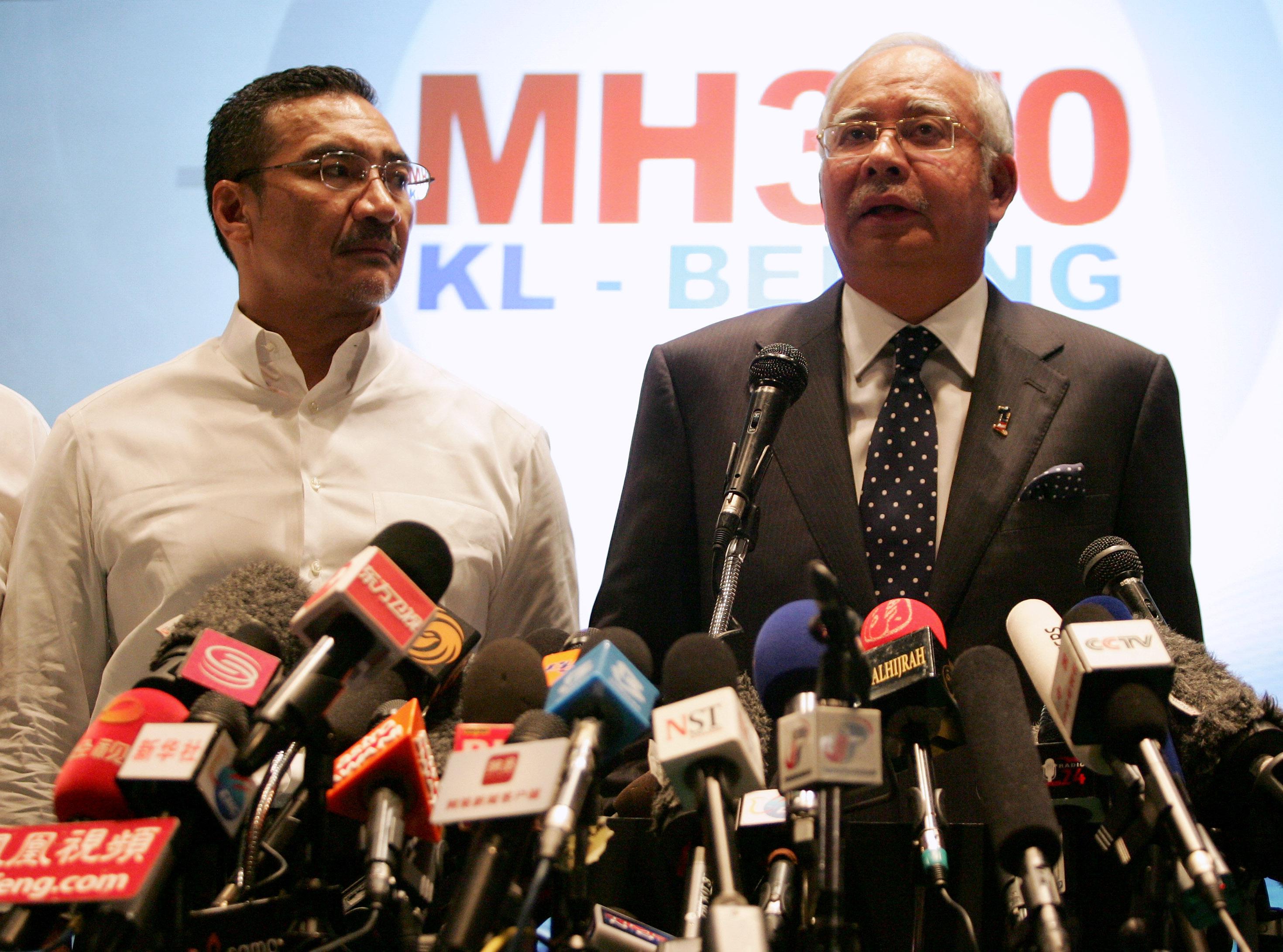You almost have to feel bad for the Malaysian government. For years, the world has largely looked the other way from its corrupt and oppressive political system thanks to its impressive economic performance. But now, the search for a missing plane—from an airline that, by the way, has one of the region’s best safety records—has tarnished the country’s reputation in just a week. While the disappearance is genuinely baffling, and I think it’s far from clear that any country could have done a better job at finding the plane, the search is already being described as an illustrative example of the country’s opaque and dysfunctional political culture.
Then again, you can’t feel too bad for the government. While Malaysia’s lack of transparency isn’t the reason the plane hasn’t been found yet, it’s clearly not helping. Officials have been heavily criticized for waiting four days before publicly disclosing that military radar may have picked up signs that the plane was diverted from its course. Vietnam says it is scaling back its participation in the search after complaining of “insufficient information” from the Malaysians. China, home to more than two-thirds of the plane’s passengers, has also criticized the “confusion” of the Malaysian response.
Neither of those countries, it should be said, is exactly considered a paragon of political transparency. Another explanation for the lack of communication that has characterized this search is that these countries don’t really trust each other very much under normal circumstances due to ongoing territorial conflicts and general anxiety about China’s growing influence.
There’s also plenty of precedent for authoritarian governments withholding important information from the international public during crises. The Chinese government’s actions during the first SARS epidemic in 2003 and the Saudi government’s handling of the recent MERS outbreak are among the best-known examples. (And also far more dangerous than slowing the search for a missing jetliner, given that information about a viral outbreak can keep new people from getting infected.)
Until we know more about why the plane was diverted, it’s hard to say quite what the political implications of the disappearance will be. (See Will Dobson on the bizarre attempts to draw a connection to opposition leader Anwar Ibrahim.) But the search does represent a collision between a government used to enjoying—and vigorously enforcing—a culture of political secrecy, and an international media that has frankly gone a bit overboard in fully expounding on every possible explanation, shred of evidence, and twist in the investigation.
Again, I don’t think we have any reason to believe that any other country would have found the plane faster. (China’s leads haven’t panned out either, and the best estimates from U.S. officials are extremely vague.) But if the Malaysian government has any aspirations of developing an international reputation to correspond with the country’s booming economy, this hasn’t been a great couple of days.
Read the rest of Slate’s coverage of Malaysia Airlines Flight 370.
